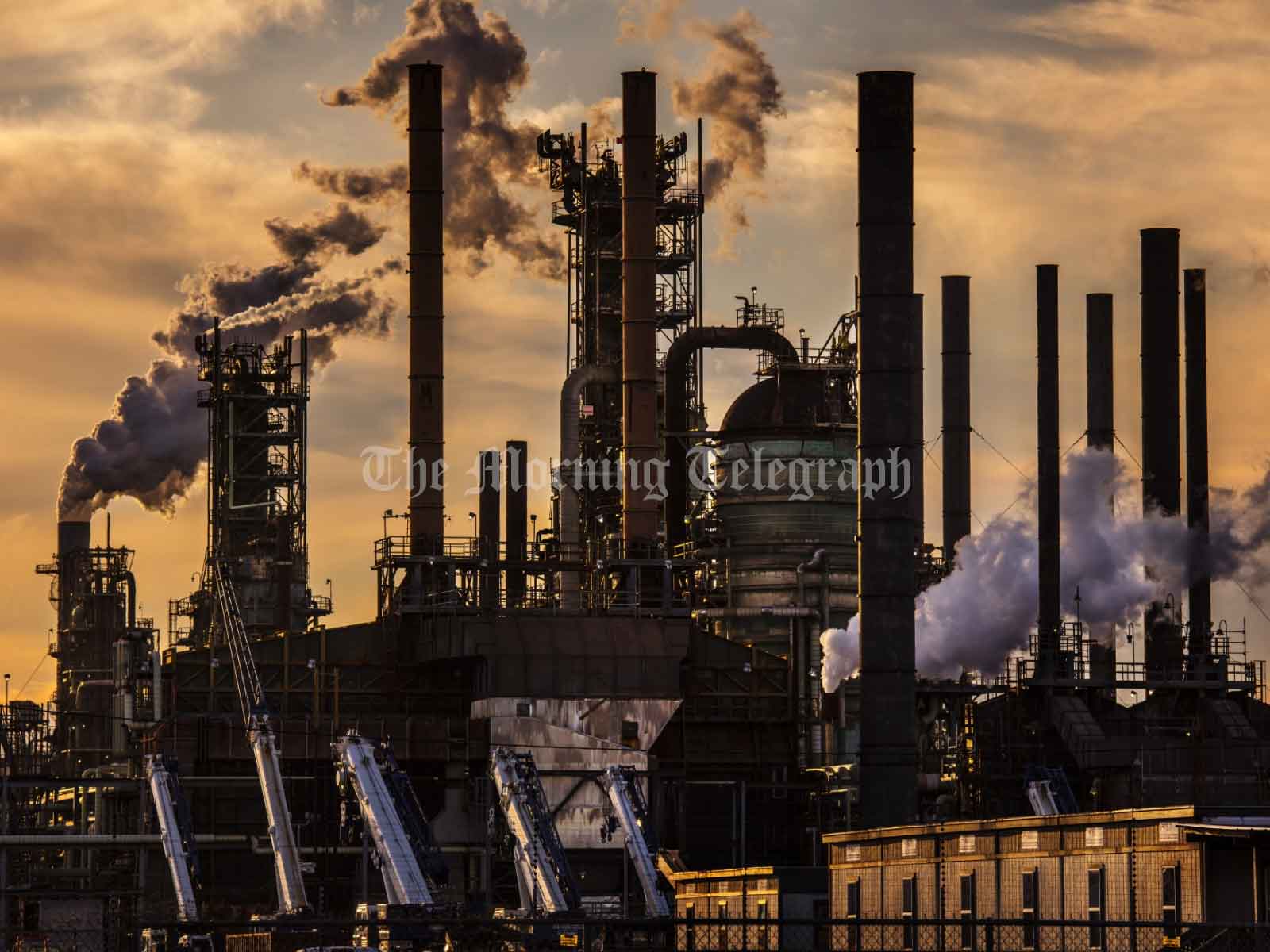
Global methane emissions are rising at their fastest rate in decades, according to a new study that underscores the urgent need for action to combat the escalating climate crisis. The research, published in Frontiers in Science, reveals that methane, a powerful greenhouse gas, has been increasing significantly since around 2006 and is expected to continue rising throughout the rest of the 2020s unless decisive measures are taken.
Methane is responsible for half of the global warming experienced to date and has been climbing markedly over recent years. The study highlights that global methane emissions have been approximately 30 million tons higher each year in the 2020s compared to the previous decade. Records for methane emissions were broken in 2021 and again in 2022.
Drew Shindell, a climate scientist at Duke University and lead author of the study, expressed concern over the accelerating growth of methane emissions. “The growth rate of methane is accelerating, which is worrisome,” Shindell said. “It was quite flat until around 20 years ago and just in the last few years we’ve had this huge dump of methane. It’s made the job of tackling anthropogenic warming all the more challenging.”
The increase in methane emissions can be attributed to several factors, including the expansion of oil, gas, and coal drilling, increased livestock emissions, and the faster decomposition of organic matter in wetlands due to rising global temperatures. Methane is released from the drilling and processing of fossil fuels, livestock digestion, and to a lesser extent, expanding rice production.
In response to the growing threat, the Global Methane Pledge was launched in 2021 by the US and the European Union, aiming for a 30% reduction in methane emissions by 2030. This initiative has now expanded to include 155 countries. However, the study notes that current policies cover only 13% of global methane emissions, and only 2% of climate finance is directed towards reducing methane emissions.
Shindell emphasized that while the target is challenging, it remains achievable with intensified efforts. “I don’t think that target is necessarily out of reach yet but we have to redouble our efforts to get there,” he said. He pointed out that while regulations on oil and gas are being implemented, addressing methane emissions from livestock remains politically sensitive and less addressed.
Unlike carbon dioxide, which can persist in the atmosphere for hundreds or thousands of years, methane has a much shorter atmospheric lifetime. Shindell argued that reducing methane emissions could provide a rapid way to mitigate global warming. “Methane is the strongest lever we can quickly pull to reduce warming between now and 2050,” he stated. “Reducing CO2 will protect our grandchildren—reducing methane will protect us now.”
The study suggests several actions for countries to take, including better integration of CO2 and methane reduction efforts and focusing on the most effective methane reduction projects.
In a recent summit on “super-pollutants” held by the White House, measures were outlined to improve methane monitoring and reduce emissions. These include placing methane sensors on commercial aircraft and implementing a combination of philanthropic and regulatory programs aimed at emission reductions.
Paul Bledsoe, a former climate adviser in Bill Clinton’s administration, underscored the importance of addressing methane. “If we want to limit near-term temperature rises, we need to get methane under control,” he said.






